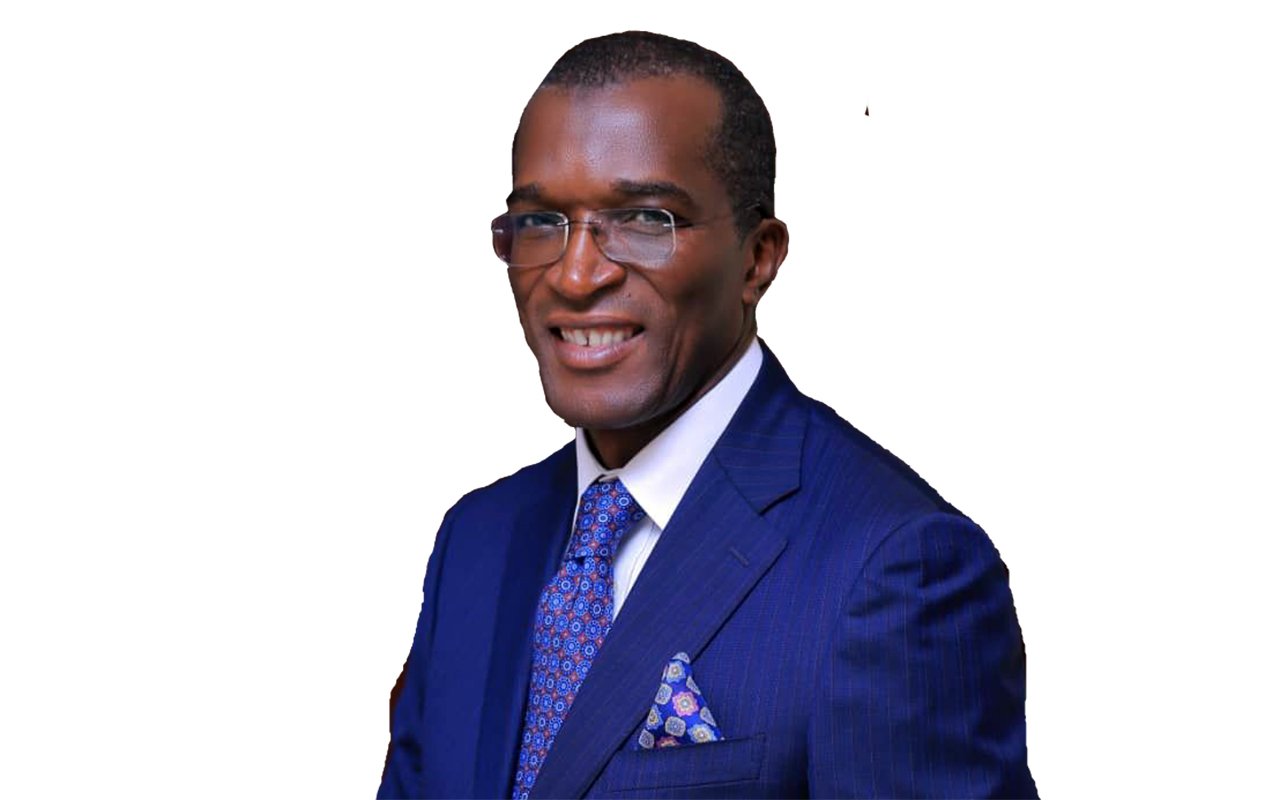Transforming Uganda after Museveni
What you need to know:
- The training, mentorship and exposure given to these leaders should equip them with a mindset that firmly believes in the indescribable opportunity for transformation that an inclusive political system gives to a nation.
- It should as well imbue in them an attitude that believes in the nobility of political leadership.
- Not necessarily because it bestows financial and material wellbeing on the actors. But because, it gives the actors, the honour and opportunity to serve humanity.
After more than three decades of the tyrannical rule of Gen Museveni, the damage done on the country is grave. We can spend whole hours enumerating the ills that have characterised Gen Museveni’s despotic rule.
Our national debate, over the years, has been doing this. We should, however, turn a new page on our national political discourse. We need a discourse that is solution oriented. A discourse that inspires hope for a better future for all Ugandans.
This is because Gen Museveni’s rule will be brought to an end. When that time comes, we should be prepared to assume the reigns of governance, but most importantly, we should be able to steer Uganda to a better destination than he and his ilk did.
We should not have change for the sake of it. The change we seek should be a complete departure in form, content and character from the governance malaise that has plagued Uganda for more than three decades.
We should, hence, create a new national debate that articulates a new vision for transforming our country after the long ruinous rule of Gen Museveni. So, what needs to be done to transform Uganda after Gen Museveni’s departure? Foremost, we need to build and rebuild the institutions of government and the State. Please note that countries develop not necessarily because of the whim or magnanimity of leaders. Countries achieve socio-economic progress because of the strength, competence and efficacy of institutions.
It is, however, not enough to build and rebuild government and State institutions. It is imperative that we cultivate personal and governance values in a critical mass of leaders. Values are the oils that lubricate and drive institutions of government and the State. The two are indivisible. They are sine-quo-non for sustainable development. Without values, the number and type of institutions we create as a nation won’t be relevant. They will be manipulated and personalised to achieve selfish interests.
Building and rebuilding government and State institutions and cultivating value systems that drive these institutions in a critical mass of leaders will inevitably produce a new leadership culture that will drive the transformation agenda of our country. Uganda’s transformation will only be possible when it is driven by a new group of leaders who share common values and world views with a penchant for serving the people and the country.
This new leadership culture should respect, defend and uphold democratic values. This includes respect for, and adherence to institutional governance, rule of law and constitutionalism.
The new leadership culture should also mentor leaders to seek public office to serve rather than using it as an opportunity to abuse public resources. Last but not least, the new leadership culture should be committed to employing peaceful means of resolving political contestations.
The values that will give rise to the new leadership culture should be cultivated in a critical mass of leaders by social and political institutions. The family, religious, cultural, academic institutions, etc. will have to play a critical role in this regard. But, political parties must of necessity, play a primary role here. They should deliberately create mentorship programmes to imbue these values in leaders who aspire to play a role in the political realm.
This is precisely because politics and political leadership affect all spheres of a nation’s life. Unfortunately, over the years, political leadership has been left to the riff-raff of our society. So, the smartest and most talented people shun politics for other vocation. They leave political leadership to the less competent and less talented people. Worse of all, politics has always been left to vagabonds who are obviously wanting in character and integrity.
This attitude ought to change if we want to transform our nation. Political parties are the nursery beds for grooming political leaders. Political parties should thus deliberately attract and recruit in their membership the brightest and most talented leaders. Such leaders should be trained, mentored and given opportunity to grow and assume leadership responsibility in the party and the country on merit.
The training, mentorship and exposure given to these leaders should equip them with a mindset that firmly believes in the indescribable opportunity for transformation that an inclusive political system gives to a nation. It should as well imbue in them an attitude that believes in the nobility of political leadership. Not necessarily because it bestows financial and material wellbeing on the actors. But because, it gives the actors, the honour and opportunity to serve humanity.




